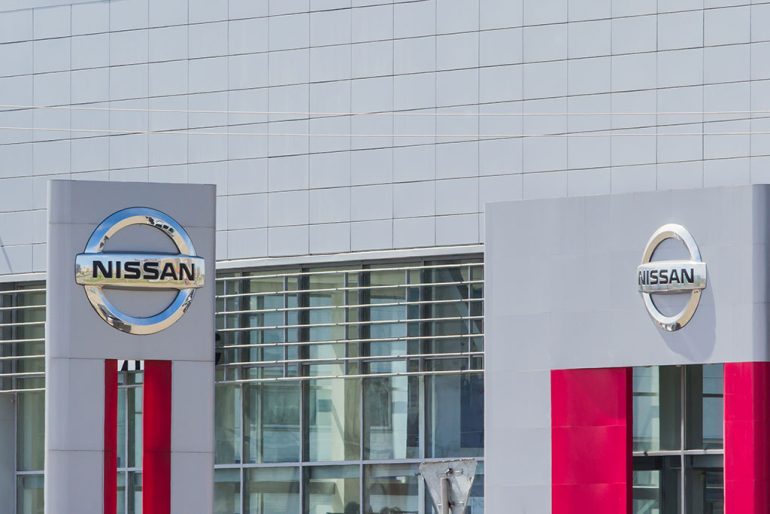
The automotive industry is no stranger to evolution, but the latest move from Nissan and its luxury arm, Infiniti, signals a significant shift to stay afloat in an increasingly challenging market. Struggling with declining sales, bloated inventories, and razor-thin profitability, both brands are now exploring co-location strategies, allowing dealerships to house Nissan and Infiniti under one roof. This consolidation effort aims to reduce costs while retaining the distinct identities of the two automakers.
Nissan’s struggles are well-documented, with profitability taking a major hit in recent years. Infiniti, once positioned as a fierce competitor in the luxury market, has also seen a dramatic decline in sales over the past five years. These challenges have left many dealers grappling with low sales volumes, prompting action to prevent further losses.
Also, don’t forget that you can get discounted new car pricing with a free quote through qualified local dealer partners.
According to data from Haig Partners, Infiniti’s 197 dealerships in the U.S. sell an average of just 24 vehicles per month—far below the threshold needed for financial viability. As Haig Partners’ President Alan Haig bluntly stated:
“If you’re selling 24 new units a month, it’s hard to pay the mortgage and salaries. It’s just so low volume that it’s hard to make a go.”
The solution? Consolidation. By combining Infiniti and Nissan dealerships, the brands hope to reduce overhead costs and offer a streamlined experience for customers, particularly in markets where maintaining standalone Infiniti stores has proven unsustainable.
While the idea of shared dealerships sounds straightforward, the execution is anything but. Infiniti has set clear guidelines to ensure that its identity remains intact even when sharing space with Nissan. Applications for co-location are being approved on a case-by-case basis, with particular focus on maintaining competitiveness in key markets.

Here’s how the shared dealerships will operate:
Currently, about 43% of Infiniti dealerships are already owned by individuals or groups that also own Nissan stores, making the transition to co-location a more feasible option in many cases.
Infiniti’s shift to co-located stores is a pragmatic solution, but it raises questions about the brand’s long-term viability. Luxury automotive sales often hinge on exclusivity and bespoke customer experiences—factors that may be diluted in shared dealerships. Additionally, Infiniti faces stiff competition from more established luxury brands like Lexus, BMW, and Mercedes-Benz, which continue to dominate market share.
Still, there’s hope that reducing operational costs will give Infiniti the breathing room needed to focus on reinvigorating its product lineup. Recent announcements, such as the development of electrified models, show that the brand is keen on keeping pace with industry trends.
The success of this co-location strategy will depend on careful execution and Infiniti’s ability to differentiate itself despite sharing space with Nissan. While the move offers a lifeline for struggling dealerships, it underscores the broader challenges facing Nissan and Infiniti as they navigate a turbulent market.
As the automotive landscape evolves, one thing is clear: the industry rewards innovation, adaptability, and a clear sense of purpose. For Infiniti and Nissan, the next few years will determine whether this co-location strategy becomes a stepping stone toward renewed success—or a last-ditch effort to delay the inevitable.
Source: Automotive News (subscription required)